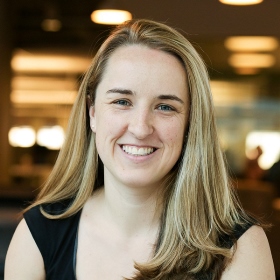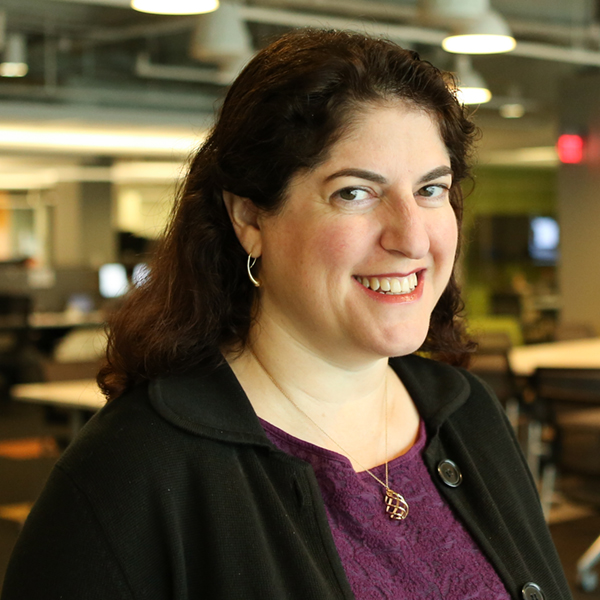(This report was commissioned by the Skoll Foundation, in partnership with the Skoll Centre for Social Entrepreneurship.)
Introduction
They are known by a variety of names: a center for social impact, a programme on social entrepreneurship, a social innovation initiative. Yet regardless of the focus and structure, such university-based social impact centers have experienced explosive growth. A decade ago, only a handful of schools invested in this work; today, almost 50 percent of the top 50 business schools in the world host a social impact program, initiative, or center.
Deeply intrigued by this groundswell, Sally Osberg, president and CEO of the Skoll Foundation, and the late Pamela Hartigan, who was director of the Skoll Centre for Social Entrepreneurship at Saïd Business School, University of Oxford, commissioned The Bridgespan Group, a global nonprofit advisor to philanthropists and nonprofits, to analyze these trends among university-based social impact centers, and reflect with experts as to what might lie ahead. After extensive discussion of the findings, we offer the following summary that may point the way towards accelerating future growth.
The headline is that social impact has entered the mainstream, often led by tremendous demand from students (and increasingly, alumni) for more robust programming and solutions. No longer a niche concept, our research found that university-based social impact centers (an umbrella term for the purposes of this report) have now successfully moved beyond the “1.0” stage and are increasingly considered must-have offerings on the crowded radar screens of deans and senior faculty sponsors, not to mention wealthy alumni. Increasingly, university leaders are tying these centers’ missions ever more closely in to their schools’ overall core missions. These cross-departmental (and often cross-graduate-school) centers are playing an important and distinctive role as a hub of networking and knowledge, both within their institutions and beyond.
As a result of this extraordinary demand, center leaders globally report feeling pulled to serve a diverse range of stakeholders—from students to professors, researchers, practitioners, and even philanthropists and governments—against a sprawling variety of societal crises—from public education to climate change to health inequities to the role of corporations in society, and beyond.
Ten years ago, merely establishing such a center was a distinctive act of leadership. But now, it’s viewed as table stakes. With so many stakeholders, centers report feeling compelled to provide “a little bit of everything” style programming—business plan contests, social enterprise 101 classes, student extracurriculars—all while recognizing that they could probably realize significantly more impact if they were to provide a minimum threshold level of services across their constituencies, and then focus intentionally on a distinctive big idea or project that moves the field forward.
With demand high and growing, these centers are at an inflection point and facing a natural evolution into a “2.0” stage.
Based on voices from the United States, the United Kingdom, Spain, France, Australia, Singapore, South Africa, and Israel, this report surveys the landscape of social impact centers globally. It includes more than 30 in-depth interviews with experts both inside and outside academia, analysis of five leading social impact centers in detail, and a broad landscape scan of programs within business schools and across universities. The Appendix provides profiles of five leading centers—the Skoll Centre for Social Entrepreneurship at the University of Oxford’s Saïd Business School; the Center for the Advancement of Social Entrepreneurship at Duke University’s Fuqua School of Business; the Social Enterprise Initiative at Harvard Business School; the Center for Social Innovation at Stanford’s Graduate School of Business, and the Bertha Centre for Social Innovation & Entrepreneurship at the University of Cape Town’s Graduate School of Business—as well as high level profiles of more than 60 other centers worldwide.
This report is intended as a conversation starter for leaders who care deeply about the promise and potential of university-based social impact centers. We hope that the diversity of voices engaged in the Stanford Social Innovation Review series The Future of Social Impact Education in Business Schools and Beyond will further build on these ideas. For now, this report begins by summarizing the four major areas where centers have focused to date, and then analyzes four promising future directions identified by practitioners and experts.
Download the PDF to read the full report



